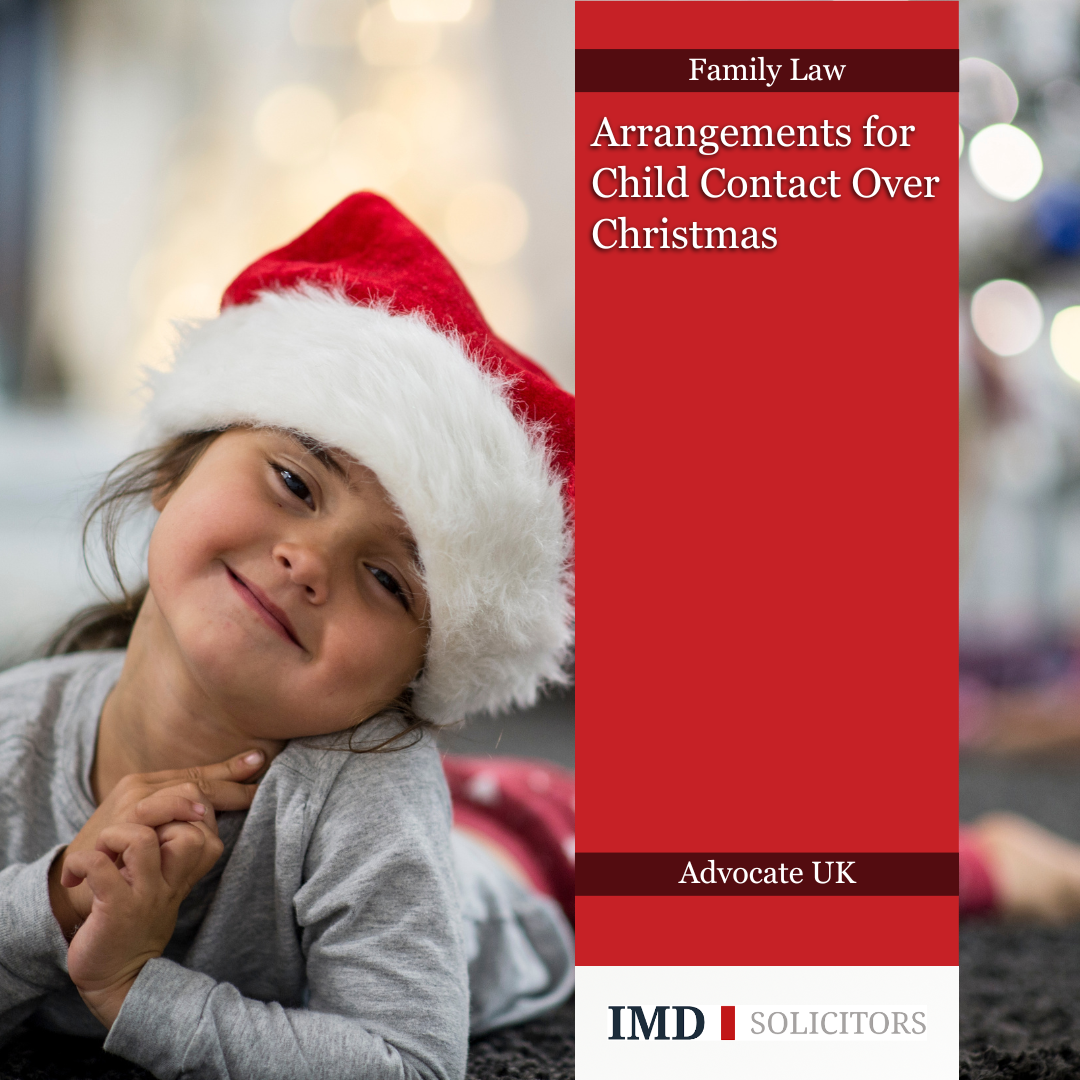
In Family Law, one of the most challenging times of year for separated parents can be the Christmas holiday period. This time, often loaded with high emotions and expectations, often necessitates clear and fair arrangements for the children to ensure that they can simply enjoy the festive season without the stress of uncertainty or conflict between their parents.
As families prepare for the holiday season, it is often advisable for parents to address the child arrangements well in advance. This preparation helps avoid last-minute conflicts and ensures that the children, who are at the center of these discussions, have clarity about how and where they will spend their time. Without early intervention and clear arrangements, the risk of disputes increases, which can negatively impact both parents and children.
Many parents assume that they will be able to resolve these issues informally, but this is not always the case. When agreements cannot be reached, it becomes essential to consider the available legal routes, such as mediation or court applications, to formalise the arrangements. This process ensures that children have the opportunity to spend time with both parents in a manner that prioritises their welfare and minimises disruption to their lives. Given the delays facing the Family Court, it is even more important to try to have arrangements agreed early so that the Court has time to intervene where necessary
Mediation provides a neutral environment where both parents can express their concerns and preferences, with the guidance of a professional mediator to help them reach a mutually beneficial arrangement. It is important to note that any agreements reached through mediation can be formalized into a binding agreement, ensuring that both parties adhere to the terms.
When applying to court, the primary consideration for the judge will be the welfare of the children involved. The Court’s focus will be on ensuring that the children’s best interests are served, and that they maintain meaningful relationships with both parents, provided it is safe and practical to do so. The court often aims for arrangements that allow both parents to spend time with their children during key holiday periods such as Christmas.
In the absence of any significant welfare concerns, the court is inclined to support shared contact over the holiday period, recognising the importance of children having time with both parents during festive occasions.
Securing child contact arrangements for Christmas is an important aspect of co-parenting for separated parents. While informal agreements are preferable, mediation and court action may be necessary in some cases. Acting early, keeping the child’s welfare at the forefront, and seeking professional legal advice are all key steps to ensuring a smooth and enjoyable Christmas period for all involved.
At IMD Solicitors LLP, we offer comprehensive support throughout this process, from negotiation, mediation referrals to court applications. With our extensive experience in Family Law, we regularly help parents secure contact arrangements that are fair, practical, and most importantly, in the best interests of their children.
This article is for general information only and does not constitute legal or professional advice. Please note that the law may have changed since this article was published.